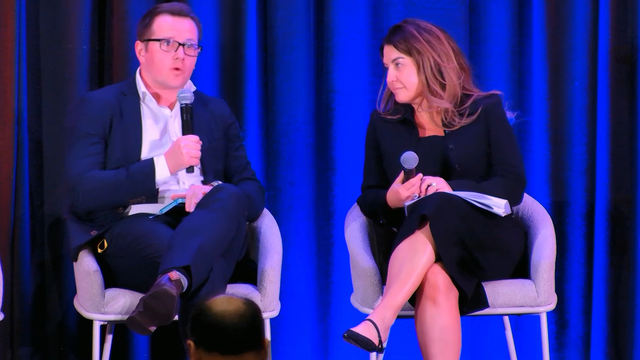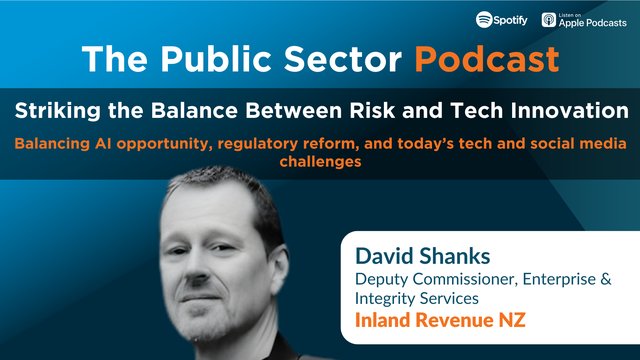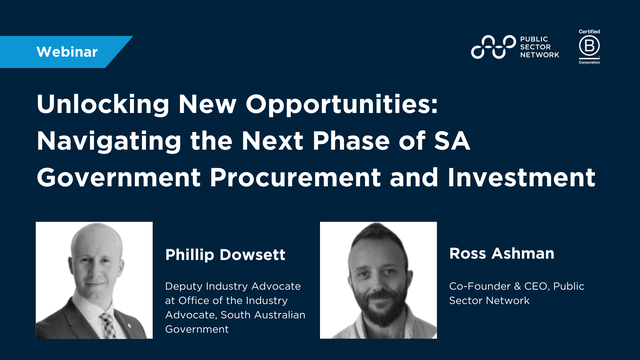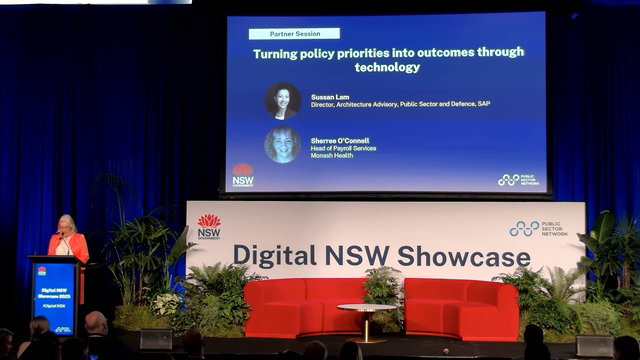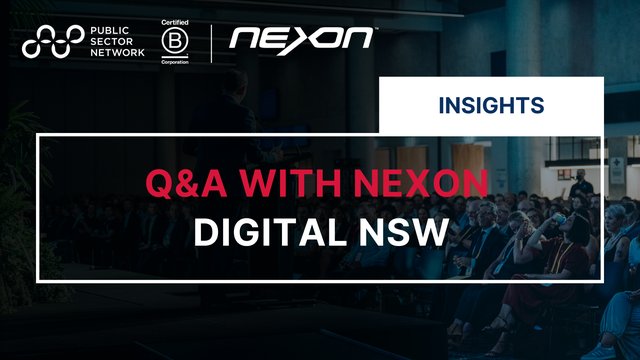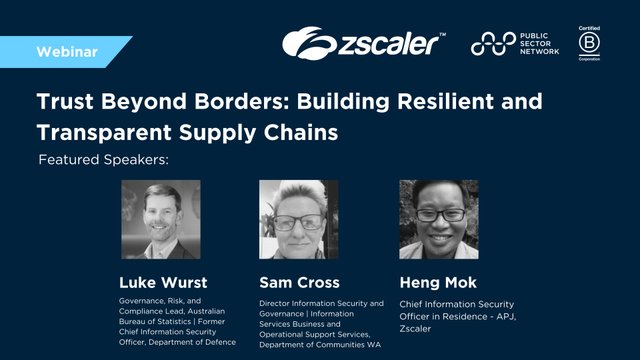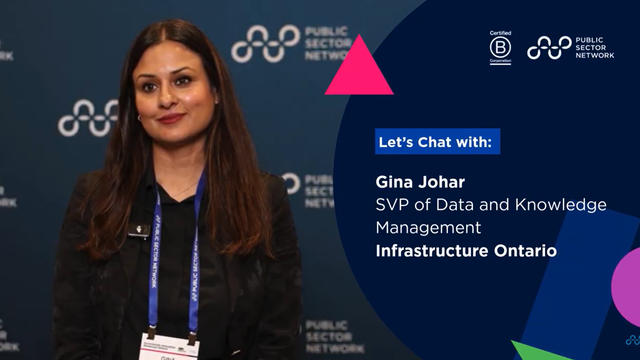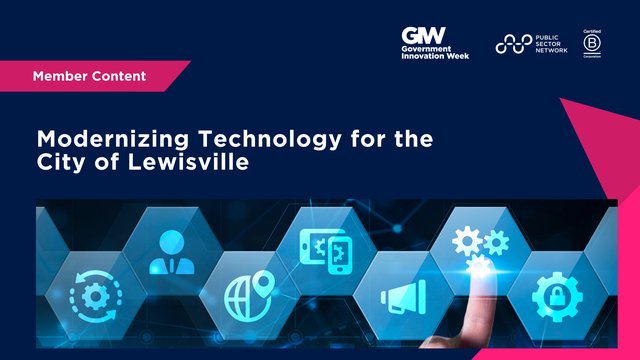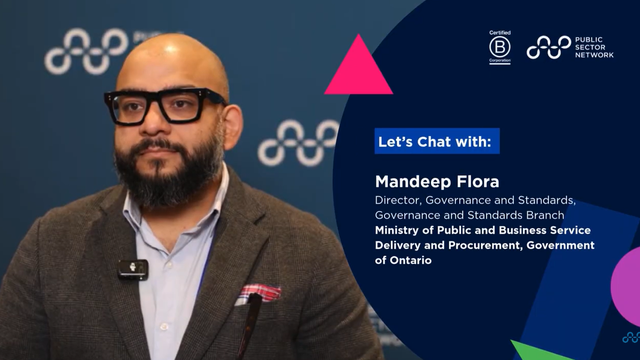Protecting Data and Mitigating Risk with Comprehensive Data Governance Frameworks
Enhancing Governance Models and Frameworks for a Proactive Approach to Data Privacy

Tim Short
Deputy General Manager & Director,
Community Life
City of Hobart

David Kerr
Director,
Community and Belonging,
Northern Beaches Council (NSW)

Shane Hackett
Manager,
Customer Services,
Brisbane City Council

Improving the Customer Experience
Local councils are often seen as the closest form of government to the people. Yet at the same time, councils are often large, bureaucratic institutions that sometimes become stale in the way they operate.
With a growing and changing population, David Kerr, the Director of Community and Belonging at Northern Beaches Council in Sydney, says that their council was only formed “four and a half years old through an amalgamation of three councils who effectively had no relationship with each other.” The councils had no relationship, but more importantly, the citizens also had little connection with the councils. So the most important thing that the new council started to do was to “actively listen to our customers, and to be empathetic to the concerns expressed by our customers.” That meant reiterating regularly and from the top down that “customers are at the centre of everything that we do.” Once that becomes embedded, then citizens respond and begin to place greater trust in the council.
For instance, “we found recently that Council suddenly became a trusted source of information for anything related to the pandemic, and not just in terms of operations. Residents started calling us about health information.” This only came about because the Council developed a reputation as being “trusted and able to deliver on our promises.” That reputation developed because “every time you deal with Council, you get a consistent response in terms of how your inquiries are dealt with. We try to understand who our customers are, what they want and anticipate where they might be going next and what we can offer them. We create and harness relationships, which is critical."
Tim Short, the Deputy General Manager and Director of Community Life at the City of Hobart, says that to really be customer-centric, councils need to recruit the right people.
"
“Are you really getting people that are genuinely talking about, and putting the customer first?” Staff really need to “buy into what local government does.” It is therefore much easier to “recruit right from the outset” than having to change the culture from the inside. “Empathy and integrity are really important for staff.”
Using and Embracing Technology
Shane Hackett, the Manager of Customer Services at Brisbane City Council, says that in their case, improving customer engagement was partly about improving their technology.
"
For instance, “we had a very manual process. As recently as 2015 we were going through the phone book and calling 1,200 people randomly each year and asking them what they thought of us.” Recently the technology was upgraded with “computer programs to understand the key drivers of satisfaction for our customers.” They now use “algorithms and artificial intelligence (AI), looking at patterns to analyse data, which takes the human processing part out of it.” Last year that meant they could analyse feedback from 33,000 customers, and it left the “humans to actually action those insights.”
They are now looking to leverage QR codes. “The community use and acceptance of QR codes as a result of COVID-19 has just gone through the roof, and we’re looking to capitalise on that.” David Kerr however warns that “experience outcomes should drive the change, not the digital platform.” In their case, following the cluster of COVID-19 cases in their region over Christmas and the subsequent closures, they “established a business support service with the Chambers of Commerce and local business leaders, and a platform to help businesses get through approvals and inspections which are daunting at the best of times.” This was the right platform for their desired outcomes.
Shane Hackett agrees, and warns that digital platforms and online interactions “have the potential to be really impersonal.” So the key is to make it “engaging and personal.” In their case, that means personalising each message, not just by using names, but by customising the messaging. For Council’s leadership, they also created “accessible dashboards that show the insights from the AI analysis,” as well as other metrics. This way, those staff that is implementing changes “aren’t thinking about what the customers are saying; they know what that the customers are actually saying.”
Tim Short says that in their case, “COVID-19 has shown us that council meetings can be streamlined and that civic engagement can be much more accessible.” Not only have virtual meetings changed the way councils operate, but having virtual access gives staff and the community a great understanding of what the council does. “It is very good for staff to know what is going on across the whole Council.”

Tips & Recommendations for Successful Customer Engagement
David Kerr says that “the NSW Local Government Act was written in 1993 and sometimes lags behind the current practice.” For instance, the Act only has a provision for signing development applications in person. “We need to change those ways of thinking and influence the government so that changes to the legislation can be made.” Apart from that, people are important and the data they generate is critical. “If you don’t have appropriate data, don’t make assumptions.”
"
For instance, “we had a very manual process. As recently as 2015 we were going through the phone book and calling 1,200 people randomly each year and asking them what they thought of us.” Recently the technology was upgraded with “computer programs to understand the key drivers of satisfaction for our customers.” They now use “algorithms and artificial intelligence (AI), looking at patterns to analyse data, which takes the human processing part out of it.” Last year that meant they could analyse feedback from 33,000 customers, and it left the “humans to actually action those insights.”
David Kerr Director, Community and Belonging, Northern Beaches Council (NSW)+
Tim Short says that it is important to remember that everyone is human. “We had an embarrassing experience where we rolled out some new parking meters and very quickly it was evident that they weren’t offering the customer experience we had thought they would. So we owned up to that experience and had to do a lot of stakeholder management and messaging about it.” But it taught all the staff a valuable lesson about ensuring that we had “the right employee experience.”
"
It is really important to have good staff and to really understand who your customers are and what they want. Never assume.
Deputy General Manager & Director, Community Life, City of Hobart
Shane Hackett says that measuring outcomes is important. They focus on overall customer satisfaction outcomes and then use the insights from these metrics “to drive the design of our services.” If staff and citizens understand what the council is doing, and “if they understand the why,” then they are more likely to engage with the council. For instance, if the know why they are asked to do something, then “customers are more likely to comply with directives, are more likely to engage and be your advocates, and are more likely to forgive your mistakes.” But it all comes from the top.
"
It is really important to have good staff and to really understand who your customers are and what they want. Never assume.
Shane Hackett Manager, Customer Services, Brisbane City Council




